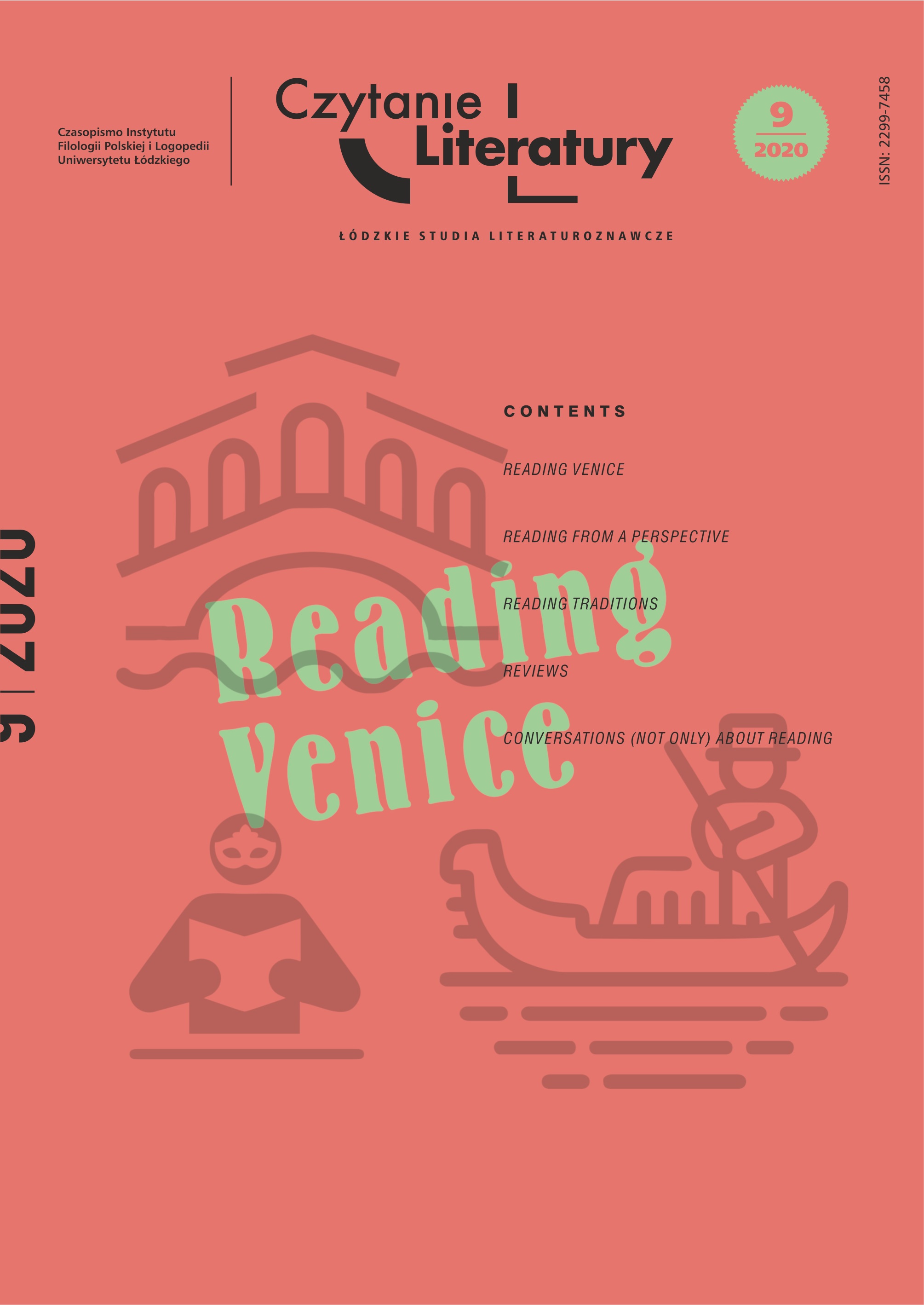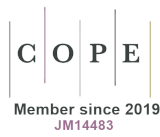“Ten sam odwieczny wróg niebezpieczny.” The Universal Dimension of Tuwim’s Satire
DOI:
https://doi.org/10.18778/2299-7458.09.16Keywords:
Polish poetry, satire, satirical discourse, poetry, literary circulationAbstract
In the article, the author analyses the satirical works by Julian Tuwim published in his poetic collections. By indicating the strong bonds between poetry and satire in the poet’s works, the author explains the phenomenon of the unwavering topicality of Tuwim’s satire having generalising ambitions. She has considered the poet’s masterful combination of the poetic perspective with the attitude of a satirist as a factor which enables the generalisation of the critical diagnosis. However, she argues that the universal dimension of his wide-scope satirical works is mainly determined by the poet’s worldview-based horizons, which constituted the point of reference for his critical evaluation of the existing social reality, which exposed the destructive influence of a community on an individual. She also stated that he was able to peer deep into the mentality of the mindless members of the “tyrannous community” by virtue of his distance towards himself, in turn being the result of his sense of the absurdity of his own existence.
Downloads
References
Bogel, Frederic. The Difference Satire Makes. Rhetoric and Reading from Jonson to Byron. London–Ithaca: Cornell University Press, 2000.
Google Scholar
Czyżak, Agnieszka. “Substancja miasta – wokół «Trzech wierszy o fryzjerze» Juliana Tuwima.” Czytanie Literatury. Łódzkie Studia Literaturoznawcze, issue 3 (2014): 47–55.
Google Scholar
Griffin, Dustin. Satire. A Critical Reintroduction. Kentucky: University Press of Kentucky, 1994.
Google Scholar
Matywiecki, Piotr. Twarz Tuwima. Warsaw: Wydawnictwo W.A.B., 2007.
Google Scholar
Sidoruk, Elżbieta. Granice satyry. Białystok: Uniwersytet w Białymstoku, Instytut Filologii Polskiej, 2018.
Google Scholar
Sidoruk, Elżbieta. Groteska w poezji Dwudziestolecia. Leśmian – Tuwim – Gałczyński. Białystok: Wydawnictwo, 2004.
Google Scholar
Simpson, Paul. On the Discourse of Satire. Towards a Stylistic Model of Satirical Humor. Amsterdam–Philadelphia: John Benjamins Publishing Company, 2003.
Google Scholar
DOI: https://doi.org/10.1075/lal.2
Stępień, Tomasz. Kabaret Juliana Tuwima. Katowice: Wydawnictwo Śląsk, 1989.
Google Scholar
Stępień, Tomasz. O satyrze. Katowice: Wydawnictwo Uniwersytetu Śląskiego, 1996.
Google Scholar
Węgrzyniak, Anna. Ja głosów świata imitator. Studia o poezji Juliana Tuwima. Katowice: Wydawnictwo Śląsk, 2003.
Google Scholar
Węgrzyniak, Anna. “«Wiersz z głuchym końcem». O rytmie śmierci w poezji Tuwima.” In Julian Tuwim. Biografia – twórczość – recepcja. Edited by K. Ratajska, T. Cieślak, 85–95. Łódź: Wydawnictwo Uniwersytetu Łódzkiego, 2007.
Google Scholar
Węgrzyniakowa, Anna. Dialektyka organizacji językowej tekstu w poezji Tuwima. Katowice: Uniwersytet Śląski, 1987.
Google Scholar
Wójcik, Tomasz. “Nic Juliana Tuwima (dwie wykładnie).” Czytanie Literatury. Łódzkie Studia Literaturoznawcze, issue 3 (2014): 35–45.
Google Scholar
Downloads
Published
How to Cite
Issue
Section
License

This work is licensed under a Creative Commons Attribution-NonCommercial-NoDerivatives 4.0 International License.










